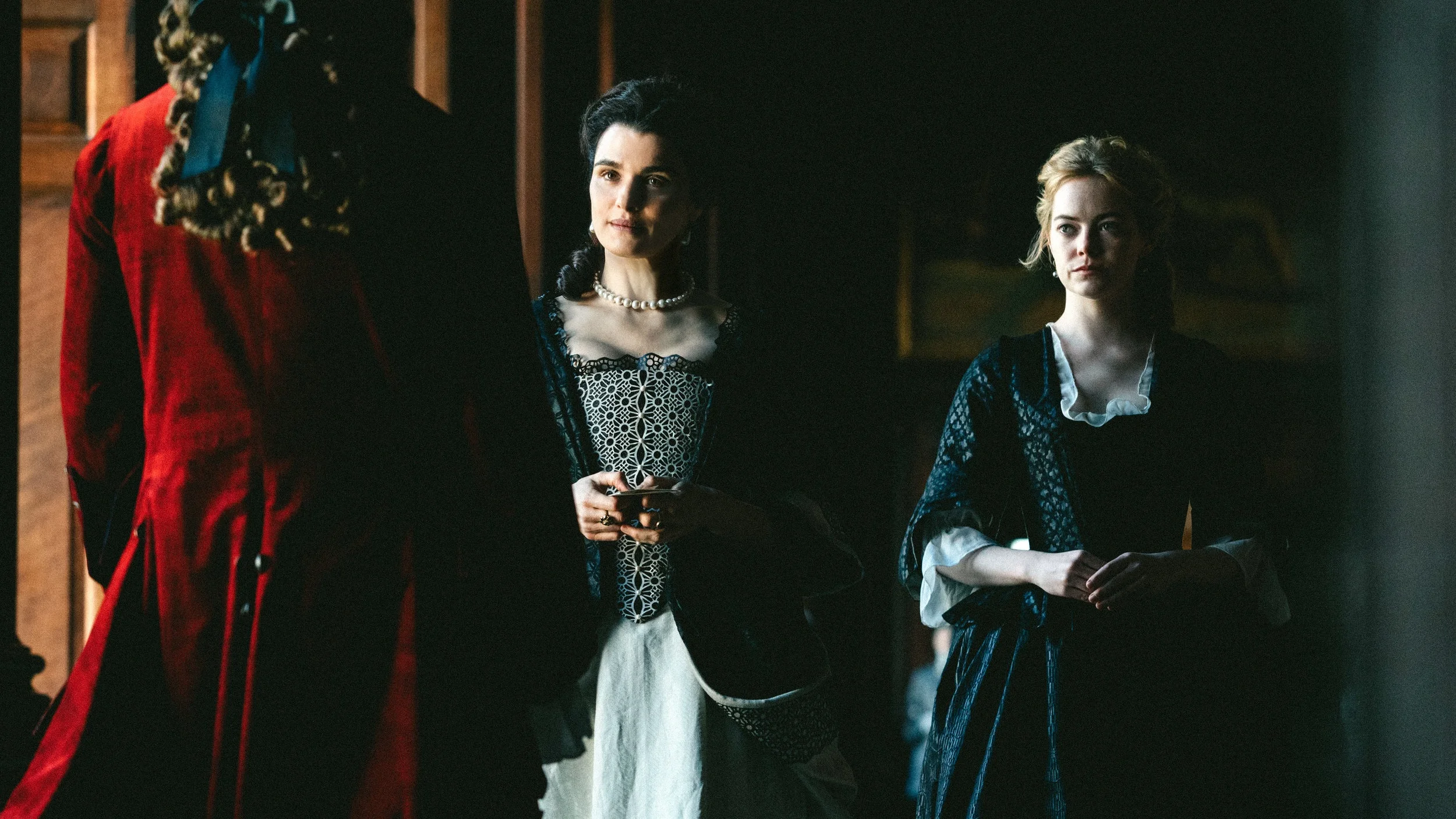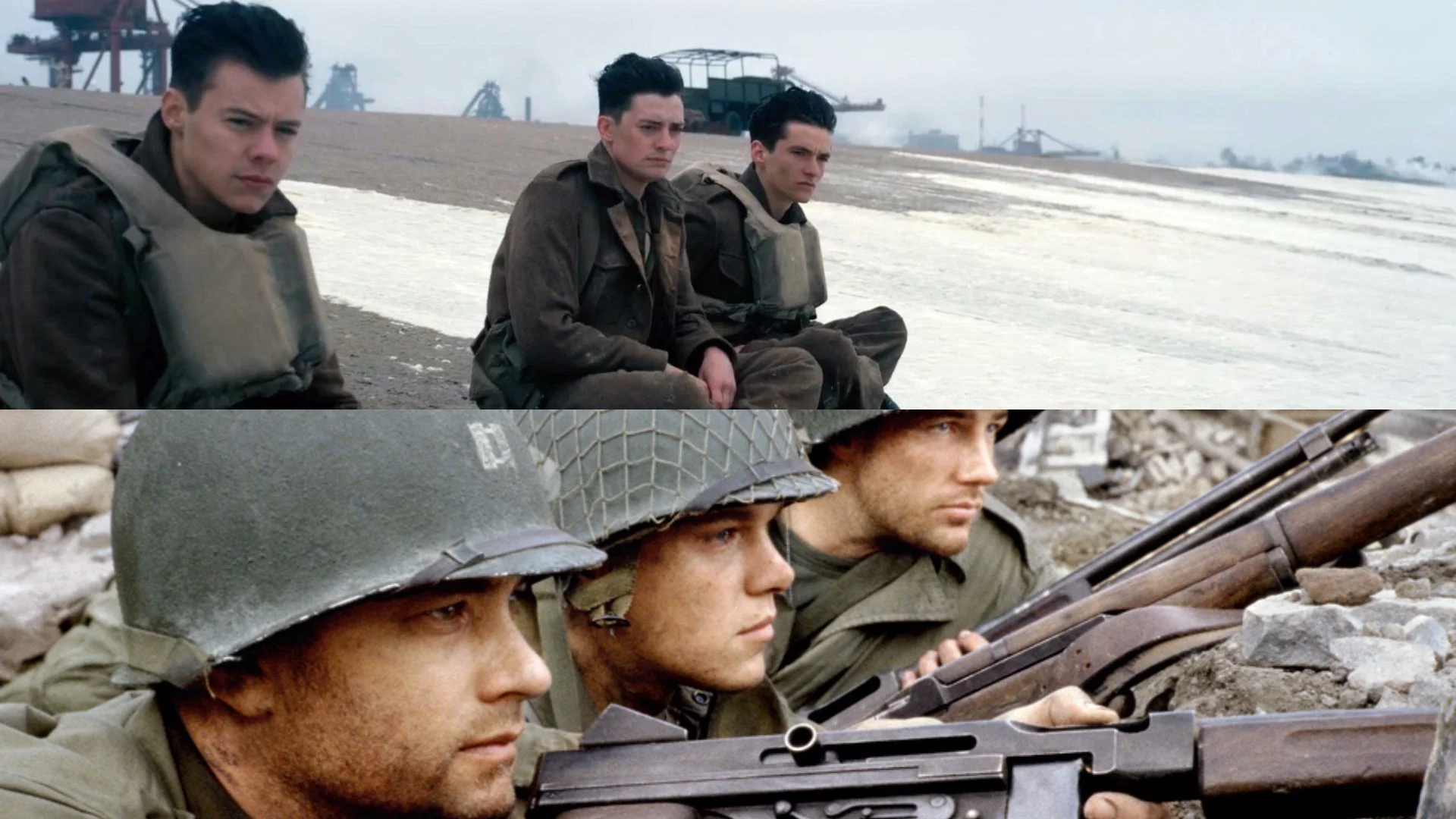Oscars Double Feature: The Favourite & Barry Lyndon
In a very bizarre awards season, full of odd nominations and many bad decisions, Yorgos Lanthimos’s The Favourite seems like one of the more sane picks for Best Picture at first glance. After all, it’s a costume drama about complicated, classist social structures and those who will do anything to climb it. On paper, that makes perfect sense. But, let’s not forget the Yorgos Lanthimos factor of it all. The Favourite is full of all the crazy idiosyncrasies that are innate to his work, from his detached satire and the cold, crass dialogue to the jarring moments of violence. Typically, that’s not the Academy’s usual ouvre, but Lanthimos’s films are uniquely his own, without compromise or concession, and they boldly stand out from the rest.
The same can be said, of course, about the work of Stanley Kubrick, who was capable of keeping his unique cinematic voice intact while working in some of the most typically constricting genres. Similar to how he took on the sci-fi epic and made it his his own with 2001: A Space Odyssey, Kubrick created his own twist on the costume drama in 1975’s Barry Lyndon, which went on to be nominated for Best Picture. The film is a wonderful masterwork, now known best for its cynical, ironic story and incredible natural-light cinematography. In its three-hour-and-five-minute runtime, Barry Lyndon covers the entire life of Redmond Barry, who starts as an average farm boy with a crush and evolves into something much more conniving as he learns to manipulate his way into places and positions of status and wealth, though he ensures that he never really has to work for either. He wastes the money of the wealthy woman he marries and is dishonest to her in every imaginable way. Of course, what goes around does come around, and so the second half of the film focuses on Barry’s fall from his self-imposed grace. His spiral begins with an outburst of violence towards his adopted son that loses him the favor of all his high-class company. The loss of their favor leads him to overcompensate with his own son, which results in the child’s death, followed by Barry’s return to gambling and the duel that costs him his leg and the remaining scraps of his nobility. Barry’s story ends as it began; he is forced to return all the way back to his home in Ireland, living on annuity payments from Lady Lyndon.
The tale of ascension, followed by a fall, is mirrored in The Favourite, which is kind of like if someone put Barry Lyndon on a burner, made it much more queer, and let it reduce, simmering away the longer story and its slightly bitter aftertaste into a more concentrated, shorter blast of harsh vitriol and biting humor. Our parallel to Barry in The Favourite is Abigail, played by Emma Stone, but, unlike Barry, for whom gender was not at all a limiting factor, her ascending of the social ladder is decidedly shaped by her being a woman.
When Barry first flees from his home, he ends up as a soldier in the British army, deserts, ends up in the Prussian army, deserts them as well, and finally ends up gambling his way into high society. While his climb focuses on avoiding violence at all costs and sheer dumb luck, Abigail’s journey is fraught with sexual violence. Upon meeting the Queen’s advisor, Sarah (Rachel Weisz), she recounts her father losing her in a card game to a man and the multiple sexual assaults that followed as she was passed through multiple men like an object. As she starts to gain the approval and favor of Queen Anne (Olivia Colman), that venture soon becomes sexual in nature as well, though at least it seems consensual this time. Even then, she must marry and sleep with a man she cares nothing about in order to gain back the title she lost in her father’s card game.
Abigail, like Barry, begins to go a bit mad with her new status as a baroness and the luxury it brings. In the same way Barry abuses his adopted son in front of everyone and begins his descent back into obscurity, Abigail, in a moment of extreme hubris, slightly steps on one of the Queen’s seventeen rabbits, which are proxies for her seventeen failed pregnancies. In this moment, Queen Anne sees her for who she really is and orders her to get down on her knees to massage her leg. As Abigail services her with a blank expression on her face, the Queen grips her hair in a gesture of dominance. We, the audience, can instantly tell that while she may be in a place of status as the Queen’s new advisor and lover, the situation Abigail thought she controlled has been wrenched from her again. She is left in the same position where she started, only now she’s stuck being subservient to someone new.
While they often differ in style and method, Barry Lyndon and The Favourite both serve as equally bleak reminders of the trap of social climbing. Both Barry and Abigail fight their way up tooth and nail, but they both fall back down even quicker, because, like so many other systems within society, it’s a trap that can’t be outsmarted. After all, no matter how high and mighty one might get or how independent and free they might think they are, no one is ever without a master to serve.









